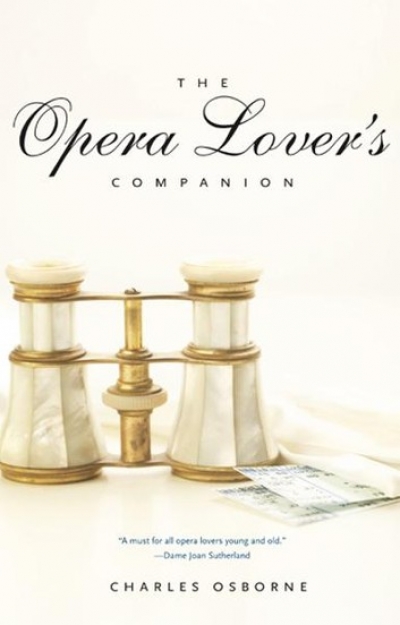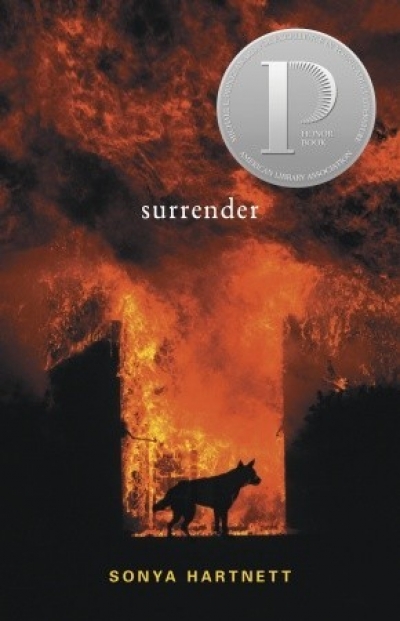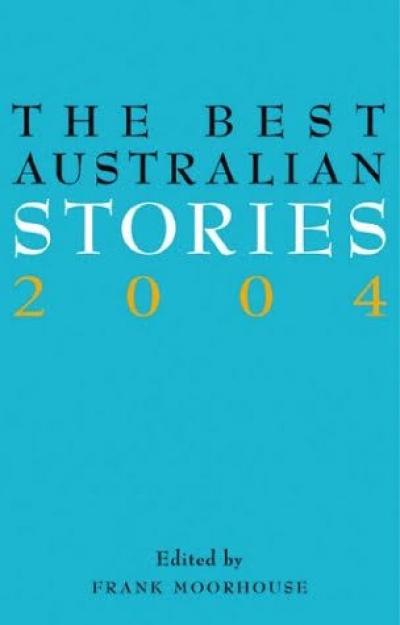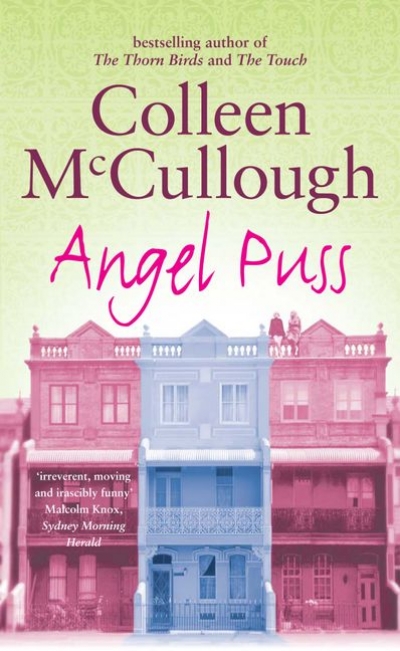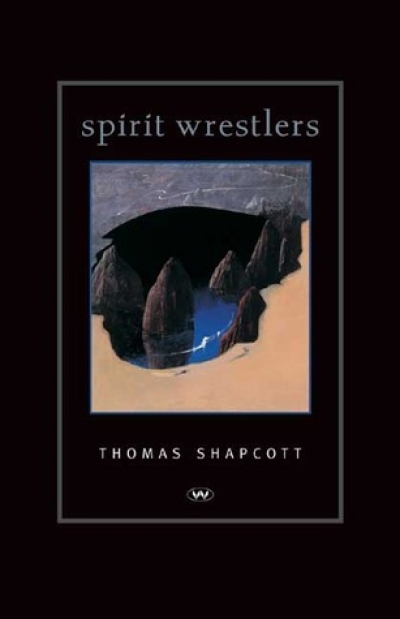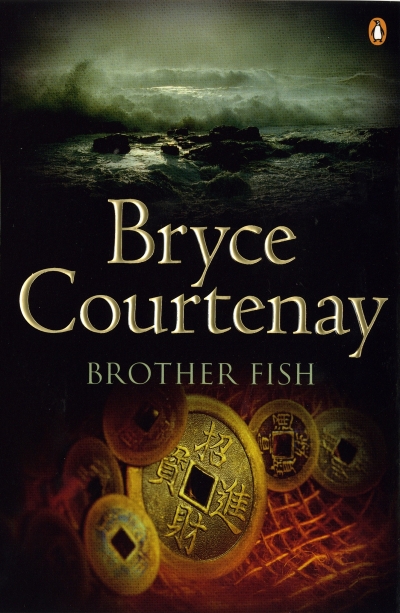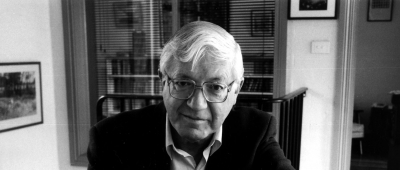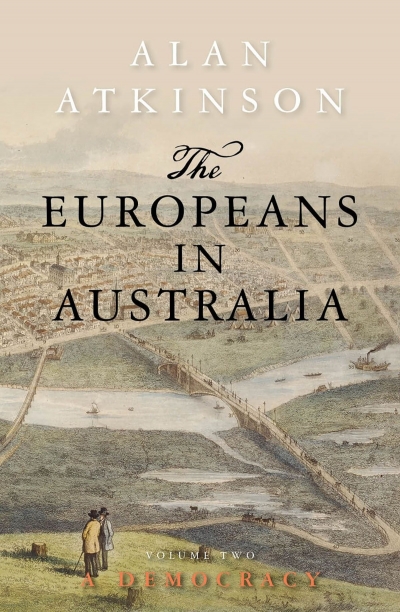Archive
My theme is the mixed and contentious business of reviewing: its influence, its limitations, its present condition in what we like to call our literary culture. I will largely confine my remarks to the literary pages of our newspapers and magazines. I don’t propose to comment on the learned journals – or criticism at monograph length issuing from the academy. (Not, sadly, that there is much of that kind of publishing in Australia these days.)
... (read more)This six a.m. moment
in the cool-blue cool
of early morning
is not eternal.
A biographer follows the life of a chosen person or a chosen group or people, or perhaps a particular scene or epoch. An autobiographer, like a snail outed by the Sun, looks back at his or her tracks and tries to explain how he or she got this far, possibly hinting at vindication or in more extravagant mode, self-immolation. Unfortunately I am a poet, and a prose writer only to earn a living. My field is verse, but l am involved on a daily basis with literature in diverse forms, especially journalism, broadcasting, and reviewing. I believe also that I am a secret biographer and autobiographer, as so much of the poetry I write and read shadows the functions of biography.
... (read more)
